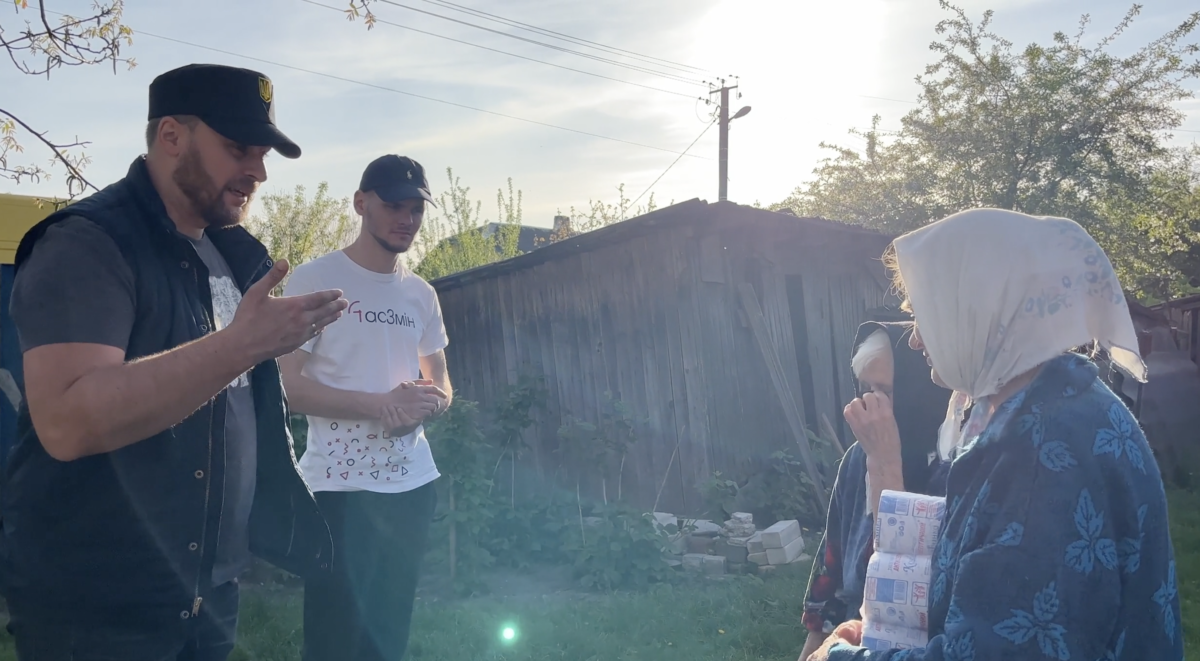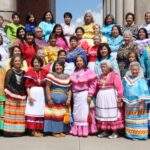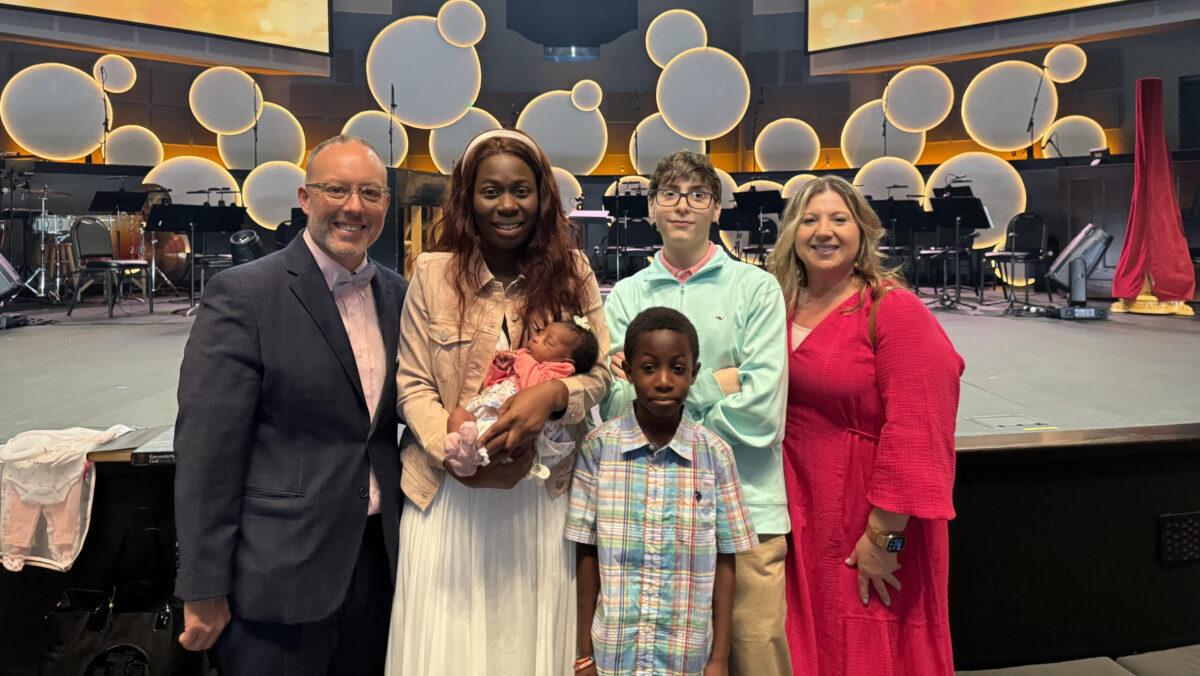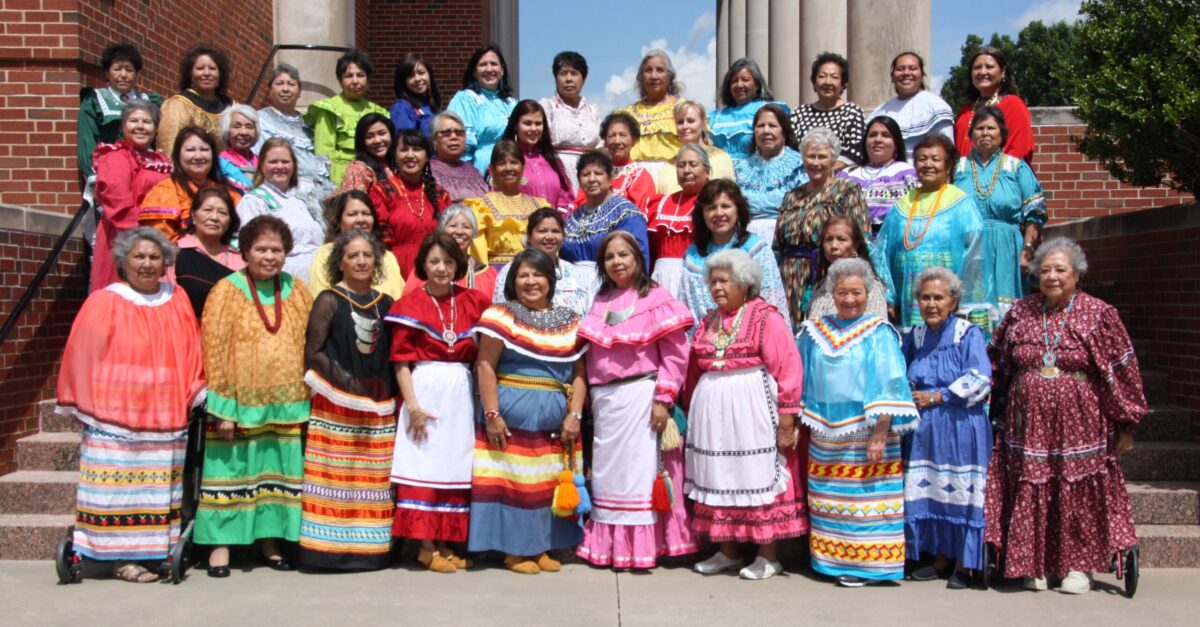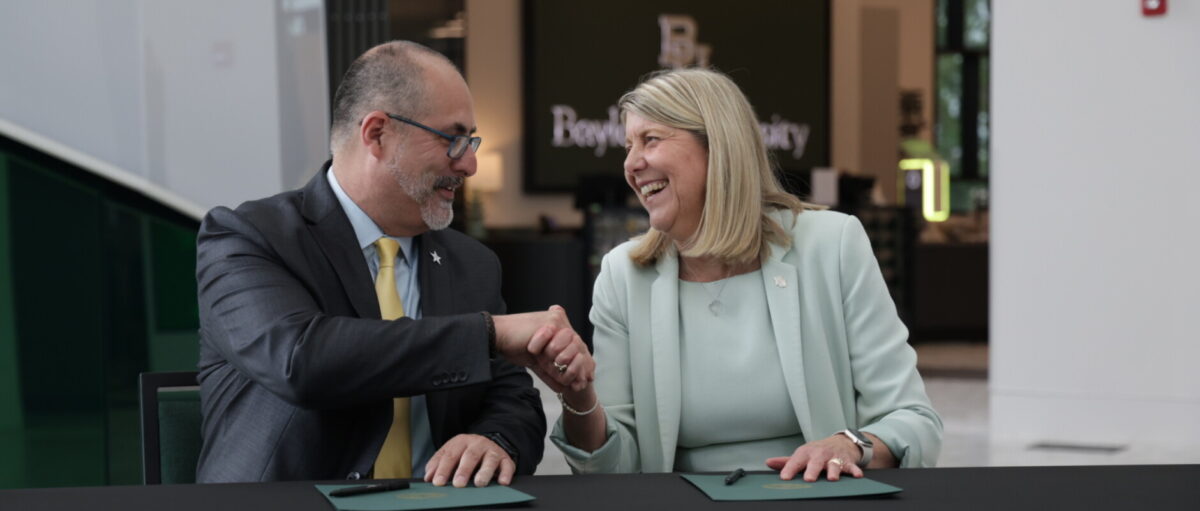When Slavik Pyzh first held a round-table talk for people who were weathering the war in Ukraine, he was hit with a big challenge.
“They were asking questions I had never heard in my life,” recalled Pyzh, president of the Ukrainian Baptist Theological Seminary, during a recent conference call. “Like one lady was asking, ‘What should I say to someone who was raped by a Russian soldier?’ And I know that this is not a theoretical question for her.
“But that was the first time I started hearing these questions that you cannot just answer, you have to walk through the question with the person and share that burden, that pain.”
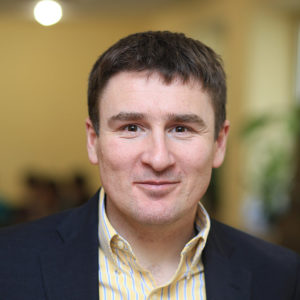
Meeting needs
Which is a big reason UBTS started WeCare centers, places where people in Ukraine can receive both humanitarian aid and trauma counseling.
The seminary didn’t start the centers from scratch — it identified places where students and graduates already were meeting needs and came alongside to offer financial resources and training.
The help of churches, organizations and individuals who give financially through the Ukraine Partnership Foundation is critical in the effort, Pyzh said.
He also noted another big help in the effort: Clay Barnes, a trauma specialist who traveled to Ukraine in late September to train a group of 30 volunteers serving at the six WeCare centers.
Barnes said the idea going forward is that these men and women will be on-site at the centers and offer basic trauma triage to those who come through the doors.
“They know they’re not trauma counselors,” he noted. “They know some people they work with will be well beyond their capability to help, and that’s where we’re going to be a resource for them, both via telehealth and in person.”
Barnes, spiritual director and Christian life coach at Carmel Baptist Church’s counseling center in Matthews, North Carolina, said he plans to take teams of professional counselors to Ukraine monthly beginning in January. He welcomes counselors interested in serving at WeCare centers and providing more training for the trauma helpers.
Pyzh added the centers will need teams to come alongside and help them rebuild homes and businesses and train Ukrainians in life skills such as opening their own businesses in the middle of the conflict.
‘Leadership vacuum’
He also asked for prayer for the seminary itself as it continues to train students to be church leaders and care for people in the war-torn country.
“I think that one of the greatest consequences of this war is the leadership vacuum,” Pyzh said. “In one form or another we lost 400 to 450 churches. Before the war we had 2,100 churches, and now we have 400 churches less.”
Pyzh noted his concern that even more leaders will be lost when travel restrictions are lifted.
“You can rebuild structures, you can rebuild buildings, but if you don’t have pastors and leaders, you don’t have anyone,” he said. “This is going to be the main challenge for us as a church, but at the same time I believe God placed us in the right place and gave us partners and tools to respond to that need, because our mission and vision is to train these leaders.”
At the seminary’s most recent graduation in September, Pyzh encouraged students that “if you are here, then Ukraine has a future, and the church has a future here.”
Opportunities increasing
He said he is excited that as the fall semester starts, there are between 1,200 and 1,300 new students and around 600 returning students.
“Our work right now is much more valuable than a year ago because the number of leaders has tremendously decreased,” Pyzh said, “and the number of opportunities has tremendously increased.”
But in the face of crisis and challenge, churches are being planted.
“Even through these WeCare centers, we already planted two churches,” Pyzh added
And still more students are being trained and more centers are opening.
“In spite of everything we have in Ukraine,” he noted, “we do have people who believe in God’s calling.”
For more information visit upfmissions.org. To contact Barnes call 704-849-0686.

